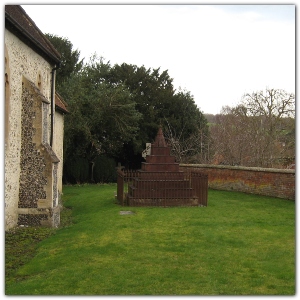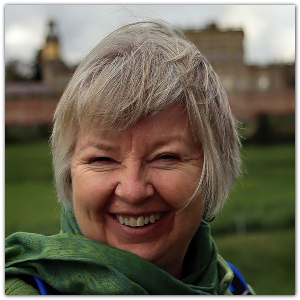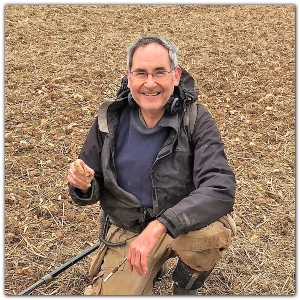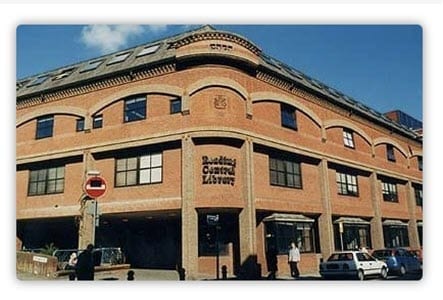
Industry & Archaeology Talks Series
This all series ticket covers all three talks in the “Industry & Archaeology” talks series, for the discounted price of £12.50 (members £10.00). You may also book each talk individually – see each separate event page. All three talks are on Thursdays at 2pm in The Centre for Heritage and Family History, Reading. They last about an hour with time for questions and discussion afterwards. Tea, coffee and cake after the talk is included in the price.
Thursday 11 July “Industrial Archaeology in Berkshire” with Jo Alexander Jones
As the secretary of the Berkshire Industrial Archaeology Group (BIAG), Jo Alexander-Jones, often gets asked ‘so what is Industrial Archaeology’. In this light-hearted talk she will explain how the field developed with examples across the globe. Then, she will look at projects that BIAG have undertaken in Berkshire to show how the members find, record and share their love of our industrial heritage. Examples are the Greys Court horse wheel, Hedges foundry in Bucklebury and roadside pumps on the A4.
Thursday 8 August “The Watlington Hoard” with James Mather
Metal-detectorist James Mather will begin by talking about metal detecting and some of his more interesting local finds. The main focus of his talk will however be his discovery in 2015 of the Watlington Viking Hoard. Comprising about 200 coins (some of them fragmentary), 7 items of jewellery and 15 ingots (bars of silver), the find is not particularly large. However, it is hugely significant and has been described authoritatively as one that has changed history. This hoard is now on permanent display in The Ashmolean Museum in Oxford. In addition, James will bring along a selection of finds and some high quality replicas of silver items from the Watlington Hoard.
Thursday 12 September “More than Biscuits, Beer and Bulbs – Reading’s Other Industries” with Jo Alexander Jones
While Reading is rightly renowned for its baking, brewing and seed businesses, the town had many lesser-known industries that brought with them prosperity and just as importantly jobs, for the wider population. In a time when most companies were privately owned, we will explore a number of these companies and the people who owned them covering industries such as printing, ironworking and brickmaking; names like Cox and Wyman, Katesgrove Foundry and Poulton’s Waterloo Kiln Brickworks.
Find out more in these fascinating face-to-face talks.
Pre-booking is preferred, but you can pay on the door for this series ticket at the first talk, if there are spaces available.
Scroll down to book.
Speakers
-
 Jo Alexander Jones
Jo Alexander JonesJo spent over 30 years in the oil and gas industry, working in the UK and overseas.
Now retired, she has time to indulge her passion for local history and especially our industrial heritage. She is active with the Berkshire Industrial Archaeology Group, The History of Reading Society and is secretary of the Berkshire Local History Association. She has also spent many years tracing her family tree, having caught the bug from her father.
-
 James Mather
James MatherI have been a responsible metal detectorist for the last 30 years, am retired, and live in Reading. I have an honours degree and enjoyed my previous career as a Marketing Executive.
On this occasion my talk covers some background information on the hobby of metal detecting, shows a selection of my more interesting local finds, and majors on my discovery and the archaeological excavation of the Watlington Viking Hoard, which has been described authoritatively as one that has changed history. This hoard is now on permanent display in The Ashmolean Museum in Oxford. In addition I bring along a selection of finds and some high quality replicas of silver items from the Watlington Hoard.
Over the years I have published numerous magazine articles, appeared on Radio Berkshire, and on National TV in Professor Alice Roberts “Digging For Britain” series. Recent high profile projects have involved providing detecting support along with the Maidenhead Search Society for Reading University whilst excavating the “Marlow Warlord” and Cookham’s lost early medieval monastery.
